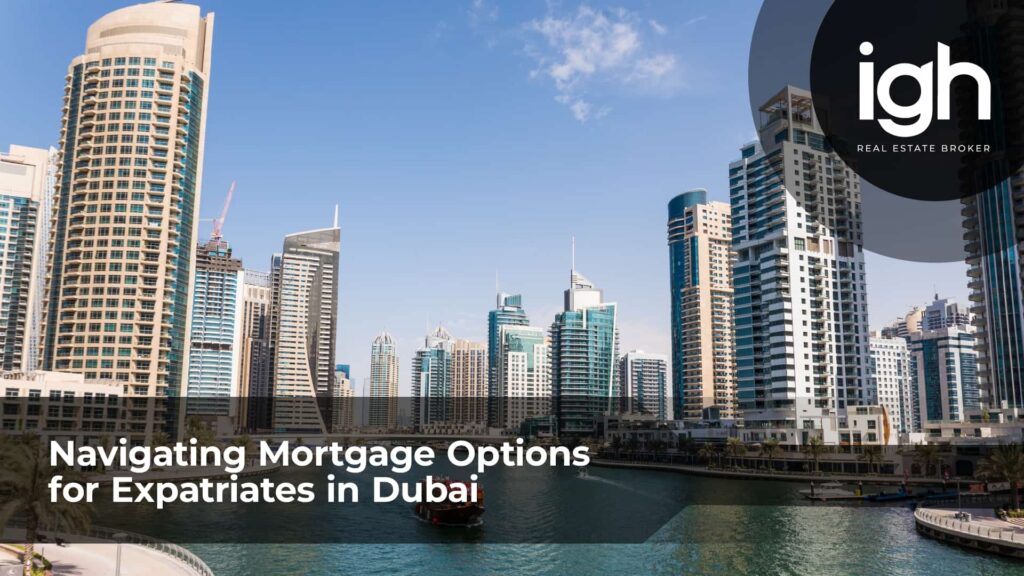Research & News
Home / Research & News

Navigating Mortgage Options for Expatriates in Dubai
Navigating Mortgage Options for Expatriates in Dubai
Dubai’s property market has long been a magnet for expats looking to invest or settle down. With a wide range of freehold areas open to foreign buyers, owning a home here has never been more accessible. But while the buying process itself is fairly straightforward, figuring out the right mortgage option can be a bit more complex. And that’s where doing your homework really pays off — because the better you understand your financing choices, the smarter your property decision will be.
1. Can Expats Get a Mortgage in Dubai?
Yes. Expatriates can apply for a mortgage through both UAE-based banks and international financial institutions operating in the UAE. However, the eligibility criteria, loan-to-value (LTV) ratio, interest rates, and required documentation can differ from those for UAE nationals.
2. Types of Mortgage Options Available
a) Fixed-Rate Mortgages:These offer a stable interest rate for a set period (usually 1–5 years). Ideal for buyers who want predictable payments. (Source: HSBC)
b) Variable-Rate Mortgages:
Linked to the EIBOR (Emirates Interbank Offered Rate), these can fluctuate with market conditions. They may start lower but can increase over time. (Source: HSBC)
c) Offset Mortgages:
Less common, these link your mortgage to your savings account. Any savings reduce the interest you pay—great for high-net-worth individuals. (Source: Bayut)
3. Key Mortgage Terms for Expats
- Down Payment: Expats are typically required to pay 20–25% of the property value upfront for properties under AED 5 million. (Source: EngelVoelkers)
- Loan Tenure: Up to 25 years, but the applicant must not exceed the age of 65–70 years at loan maturity (depending on the bank). (Source: PaisaBazaar)
- Interest Rates: Typically range between 3.75% – 5.5% depending on the lender and type of loan. (Source: RAK Bank)
- Debt Burden Ratio (DBR): Your monthly repayments (including existing loans) must not exceed 50% of your monthly income. (Source: Central Bank of the UAE)
4. Required Documents for Expats (Source: EngelVoelkers)
- Passport copy with visa page
- Emirates ID
- Salary certificate or trade license (if self-employed)
- Bank statements (3–6 months)
- Proof of existing financial obligations
- Property documents and Sales Agreement (once selected)
- Financial Statement of the Company (for self employed)
5. Tips for a Smooth Mortgage Journey
- Get Pre-Approved: Before you start house hunting, a pre-approval gives you a clear idea of what you can afford.
- Work with a Mortgage Consultant: They can help compare rates, simplify paperwork, and negotiate on your behalf.
- Consider Life Insurance Requirements: Some banks mandate life or property insurance tied to the mortgage.
- Choose the Right Currency: AED-based mortgages protect against forex volatility.
Whether you’re purchasing a home for personal use or as an investment, understanding Dubai’s mortgage landscape as an expatriate is essential. With the right guidance, attractive interest rates, and flexible payment plans, expat buyers can confidently take their first steps toward property ownership in one of the world’s most vibrant real estate markets.
Leave a Comment.